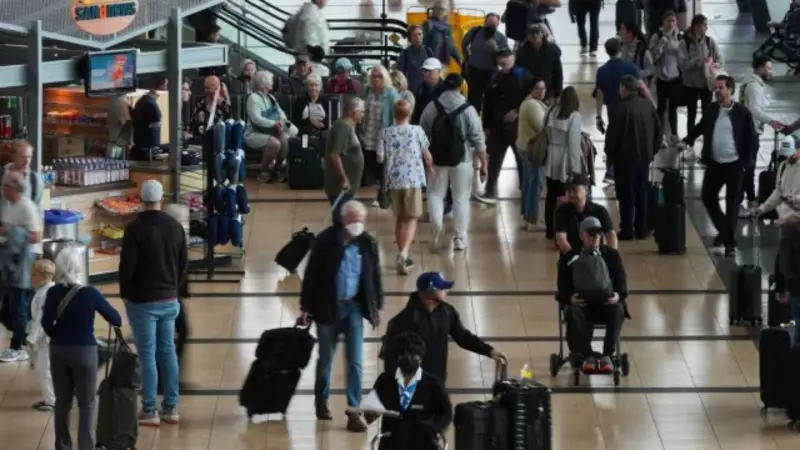
The Biden administration has officially abandoned its ambitious plan to require airlines to provide cash compensation to passengers facing significant flight delays and cancellations. This major policy reversal comes after intense lobbying from airline industry groups and represents a significant setback for passenger rights advocates.
The Failed Compensation Proposal
Initially proposed in early 2023, the Department of Transportation's rule would have marked a historic shift in passenger protection in the United States. The regulation would have mandated that airlines pay cash compensation to travelers when carriers were responsible for substantial delays or cancellations. This approach would have brought the US closer to European standards, where passengers routinely receive hundreds of euros for disrupted flights.
The proposed compensation structure was particularly noteworthy because it would have applied specifically to controllable airline issues rather than weather-related problems. This distinction was crucial because it would have held airlines financially accountable for disruptions within their control, such as mechanical problems, crew scheduling issues, and other operational failures.
Industry Pressure and Legal Challenges
Airline trade groups mounted an aggressive campaign against the proposed compensation rules, arguing they would lead to increased ticket prices for all passengers. Industry representatives claimed the regulations would create unnecessary complexity and additional costs that would ultimately be passed on to consumers.
The Airlines for America association, which represents major carriers including American, United, Delta, and others, had been particularly vocal in its opposition. They maintained that existing consumer protection measures were sufficient and that the proposed rules represented government overreach that would distort the competitive marketplace.
Legal experts had also raised questions about whether the Department of Transportation actually possessed the statutory authority to implement such sweeping compensation requirements. This legal uncertainty, combined with intense industry lobbying, created significant headwinds for the proposal.
What Remains of Passenger Protections
Despite abandoning the cash compensation requirement, the Biden administration has preserved some elements of its passenger protection agenda. Airlines must still provide meals, hotels, and rebooking assistance when delays or cancellations occur due to carrier-controlled issues. Additionally, the DOT continues to enforce rules requiring prompt refunds when flights are canceled or significantly changed.
The Department of Transportation has also enhanced its transparency efforts through its flight rights dashboard, which allows travelers to compare airline policies regarding delays and cancellations. However, without the teeth of mandatory compensation, critics argue these measures provide limited real protection for stranded passengers.
The administration's retreat on compensation requirements represents a significant victory for the airline industry while disappointing consumer advocacy groups who had championed the proposal as a major step forward for passenger rights. The decision leaves the United States with some of the weakest passenger compensation protections among developed nations.





